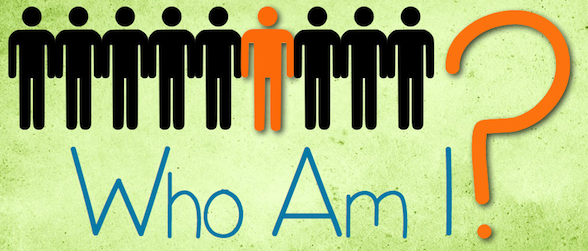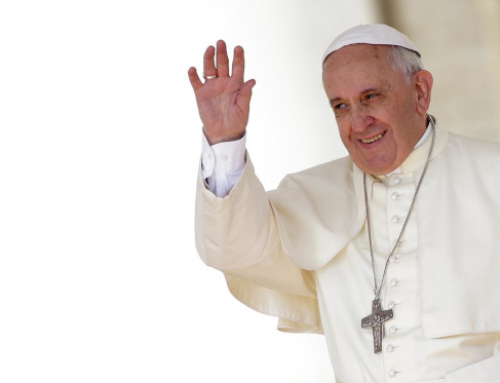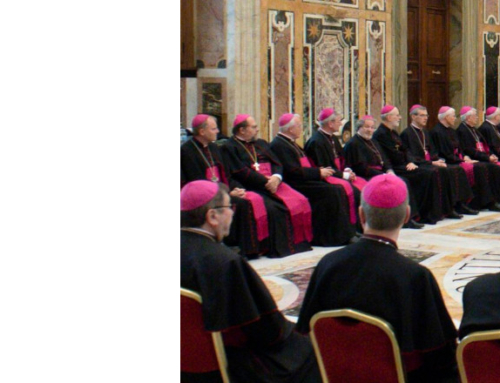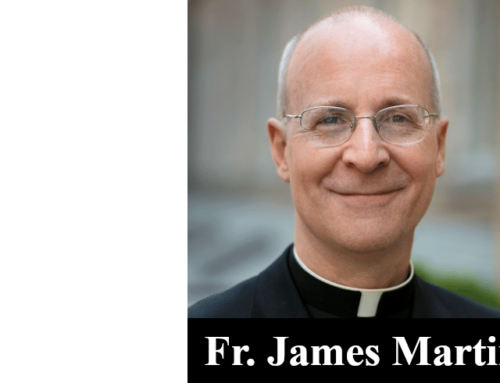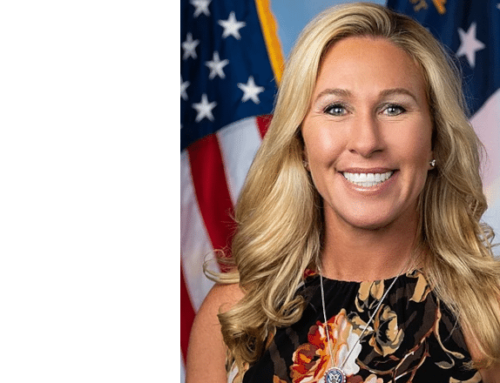
In terms of methodological precision, the Pew Research Center has no rival. Its latest survey is no exception: it offers an in-depth picture of Catholics. But its decision to examine those who are no longer Catholic, or never were, is of questionable utility.
The title and subtitle of the report reflect its discontinuity. The title reads, “U.S. Catholics Open to Non-Traditional Families.” The subtitle, “45% of Americans Are Catholic or Connected to Catholicism” bears no relationship to the title. Moreover, it is not clear why this figure even matters. “Connected to Catholics”?
Most surveys contrast practicing and non-practicing Catholics, as judged by Mass attendance. This survey does this as well, but it also includes “Cultural Catholics,” namely, those who are no longer Catholic but continue to think of themselves as such (converts and non-believers). Probing self-identity is an interesting subject, but to what end? If a vegetarian turns carnivorous, yet persists in considering himself a vegetarian, would we include him in a survey of vegetarians? Pew’s typology also includes self-identified “Ex-Catholics.” Would ex-Muslims be included in a survey of Muslims? And as noted, the survey includes “Connected to Catholics.” We never learn why they are worth studying.
Not surprisingly, “Cultural Catholics” and “Ex-Catholics” are less likely to accept the Church’s teachings. But it is nice to know they like the pope.
One finding which never varies is the correlation between Mass attendance and fidelity to Church teachings: practicing Catholics are the most likely to accept the teachings of the Church; women, seniors, and those who are married are the most practicing. In this regard, “Most Catholics are very loyal to the church,” is one of its most salient findings.
There is much to mine in this report. Unfortunately, there is much that is of dubious significance.


